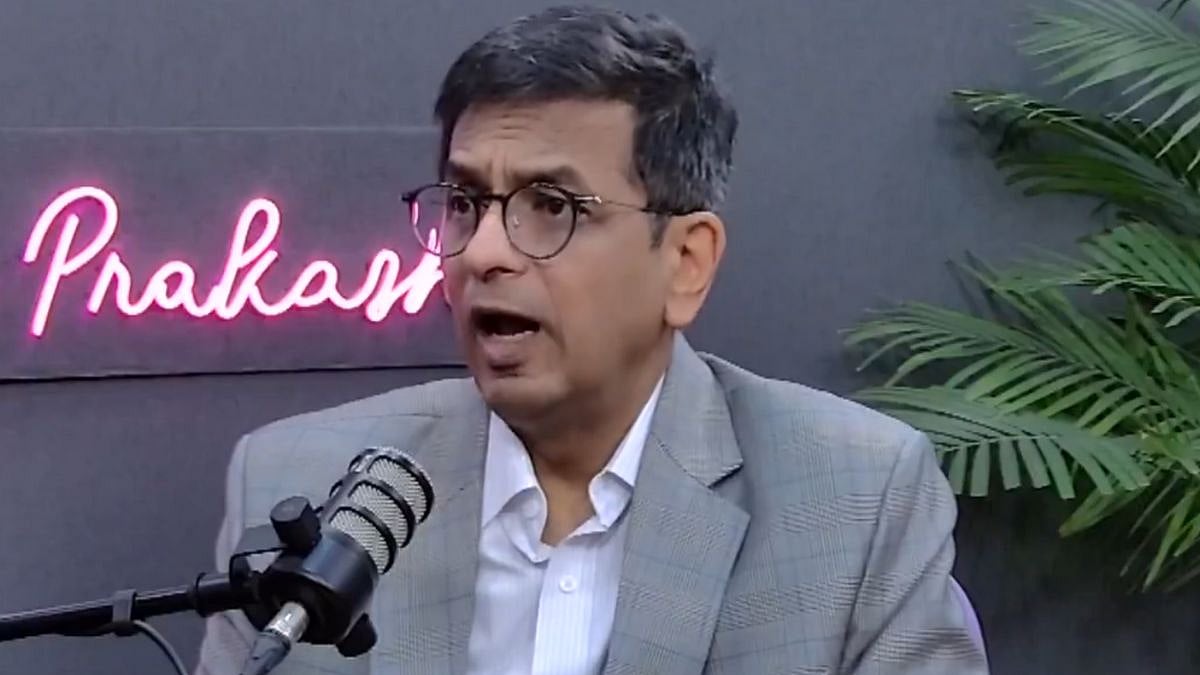Artist Chintan Upadhyay, who was sentenced to life in prison for abetting and conspiring to kill his estranged wife Hema Upadhyay in December 2015, has challenged his conviction before the Bombay High Court, contending that the sessions court erred in his findings while finding him guilty.
Along with the appeal challenging the conviction, Upadhyay has sought bail. The plea is listed for hearing before a division bench headed by Justice Revati Mohite-Dere on Wednesday.
Sessions Judge SY Bhosale found Upadhyay guilty of abetting and conspiring to kill Hema and sentenced him to life in prison, observing that the murder was “brutal”, but it cannot be termed as “rarest of rare” which warrants a “death penalty only”. The judge found three others – Vijay Rajbhar, Pradip Rajbhar and Shiv Kumar Rajbhar, who hail from the same village – guilty of murdering Hema and her lawyer and Harish Bhambhani and sentenced them to life imprisonment. Vidhyadhar Rajbhar, who executed the murders, is absconding.
Appeal contests admission of retracted confession
The appeal filed through advocate Bharat Manghani contends that the sessions judge erred in accepting the retracted and uncorroborated confession of a co-accused, Pradip, as voluntary, admissible and having been corroborated.
The trial court relied heavily on the confessional statement while finding Upadhyay and others guilty for hatching the alleged conspiracy at a physical meeting held along the roadside at Chembur in Mumbai with absconding accused, a fabricator, Vidyadhar Rajbhar.
The judgment of the trial court lacks proper and cogent evidence and reasoning to convict him, the appeal argues. It wrongly relied on a retracted confession of co-accused Pradeep Rajbhar to hold it as genuine.
Alleged Hema Upadhyay murder conspiracy
Hema and Bhambani were allegedly smothered to death by Vidhyadhar Rajbhar on December 11, 2015, with the help of other accused persons. He killed the duo allegedly at Chintan’s behest. The next day, a rubbish collector discovered their bodies stuffed in cardboard boxes in a nullah in Kandivali.
The prosecution case was that the conspiracy was hatched on December 8.
The trial court said that since Pradip attended the meeting in Chembur, he was aware of the meeting details. Upadhyay was present at the meeting.
Upadhyay has not denied being in Chembur on the said day. However, his appeal states that he was visiting a friend and was far away from the alleged meeting point. He also said the aggregator cab drivers who were made witnesses by the prosecution never said he had stopped on the way to or from his friend’s house for any meeting, thus providing no corroboration to the already retracted confession and resulting in extinguishing the case against him.
The appeal also questions the inference drawn by the sessions court that since Rajbhars had no motive to murder Hema, they acted at Upadhyay’s behest. It is not permissible in law to draw such an inference, said Manghani.











